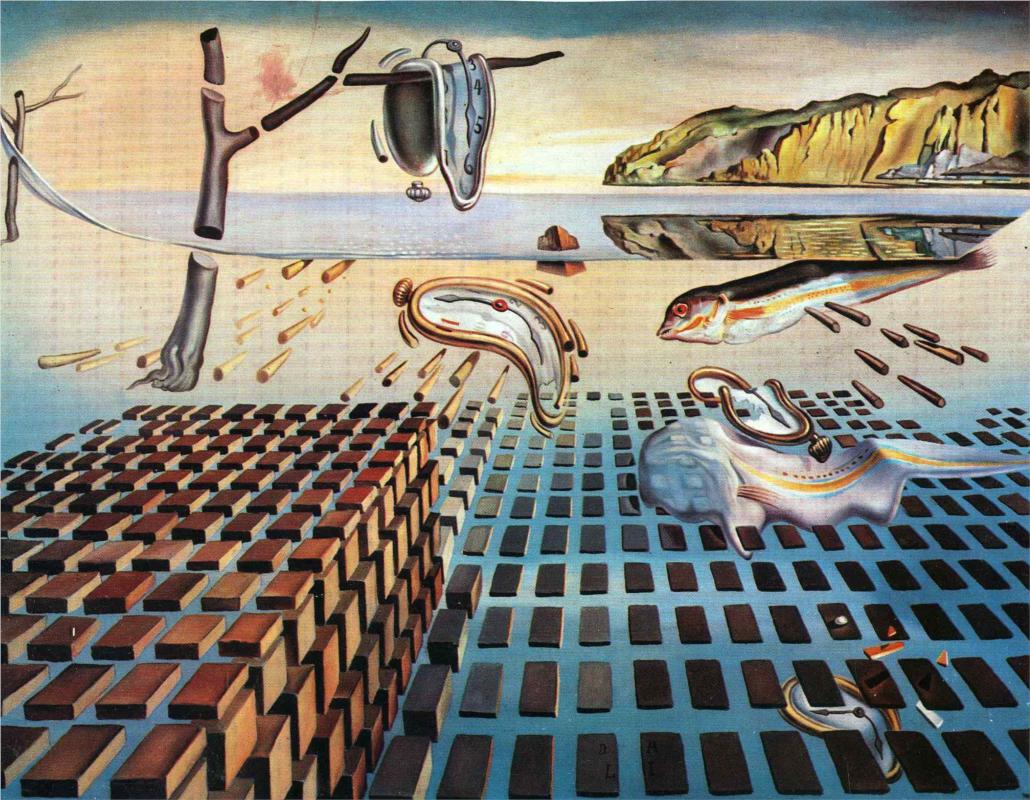When the news of Roger Ebert’s passing spread through the Internet, social media sites blew up with people thanking him for inspiring passion in movies, for being a true and honest movie reviewer, and for being a trusted voice in the world of film. Even President Obama had something to say about his passing, “For a generation of Americans — especially Chicagoans — Roger was the movies. When he didn’t like a film, he was honest; when he did, he was effusive — capturing the unique power of the movies to take us somewhere magical.” These kinds of posts have continued today, with many of the sites I regularly visit posting their condolences and kind words about Mr. Ebert.
Truly a great person within the film/movie universe has died and left an amazing legacy behind him, but seeing the Internet’s response to his death got me thinking about video games (I mean of course, when am I not thinking about video games?) How you ask? Well, we’ve recently been talking a lot about whether or not video games should be considered art. Seeing Ebert’s passing and people’s response to it immediately reminded me of his remarks on video games and how they “can never be art.” I personally am not a movie buff like most of my friends and family are; I do enjoy a good movie when I have time to sit down and watch them, but that doesn’t mean that I’m not able to appreciate the fact that movies do a lot of artistically amazing things (forgive the lack of technical language here). It flabbergasts me that a man who is basically being praised for pioneering passion for the art within film said these exact words about video games: “To my knowledge, no one in or out of the field has ever been able to cite a game worthy of comparison with the great dramatists, poets, filmmakers, novelists and composers (His original post has since been removed, but his quotes live on in the form of blogs that wrote about and quoted the article).” He later amended his statements (sort of) by saying that really he had no place to comment on whether or not games were art because he personally did not have any desire to engage video games.
Okay, okay, I’m not here to troll the internet by blasting Ebert’s reputation just because he didn’t like video games, but what I’d like to do is use this opportunity to discuss what we can do for video games that would be similar to what Ebert did for movies. In this “information age” where everyone and anyone can put their thoughts into a blog, how do we find significance in this conglomeration of opinions? Ebert stood out because he spoke to the every man and wasn’t afraid to have his opinion heard. Many people called his reviews poetic; he was a master of the English language and that allowed him to speak to movie-goers on a personal and emotional level. Now, it’s hard to single out one person as being the voice of video games because everyone has the ability to get their voice into the mix via the internet.
In a really weird way, Ebert lit the fire under the video game community’s ass and got people up in arms about whether or not video games should be considered art. Scott Shackford of Reason 24/7 describes this best, “Ebert’s observations were a challenge to [children who grew up playing video games], whether he realized it or not. Generation X is defined in part by video games. Games have as much meaning to many of them as rock music and Motown did for Baby Boomers. The defensiveness and insistence of gamers and the gaming industry about elevating this culture into an art form may well be subconsciously based on the knowledge that games are what Gen. X will be primarily remembered for years down the line.” There have been people fighting for video games to be considered art well before Ebert made the blog post, but the public nature of his original article and the backlash that occurred because of it forced the issue to a much larger scale than it could probably have achieved on its own. Many enraged gamers and game developers made it their personal goal to make sure that video games come out on top in this debate; whether it be through the actual development of games or through the discussion that was sparked because of their anger over Ebert’s stance.
And for that, Roger Ebert, I thank you because I truly do believe that we are only in the infancy stages of what video games have the potential to be and the day will come when video games will be viewed as art universally. I hope that we will look back at the struggle and remember a distant time when movies and video games both could not be recognized as legitimate artistic endeavors by the general populace.




